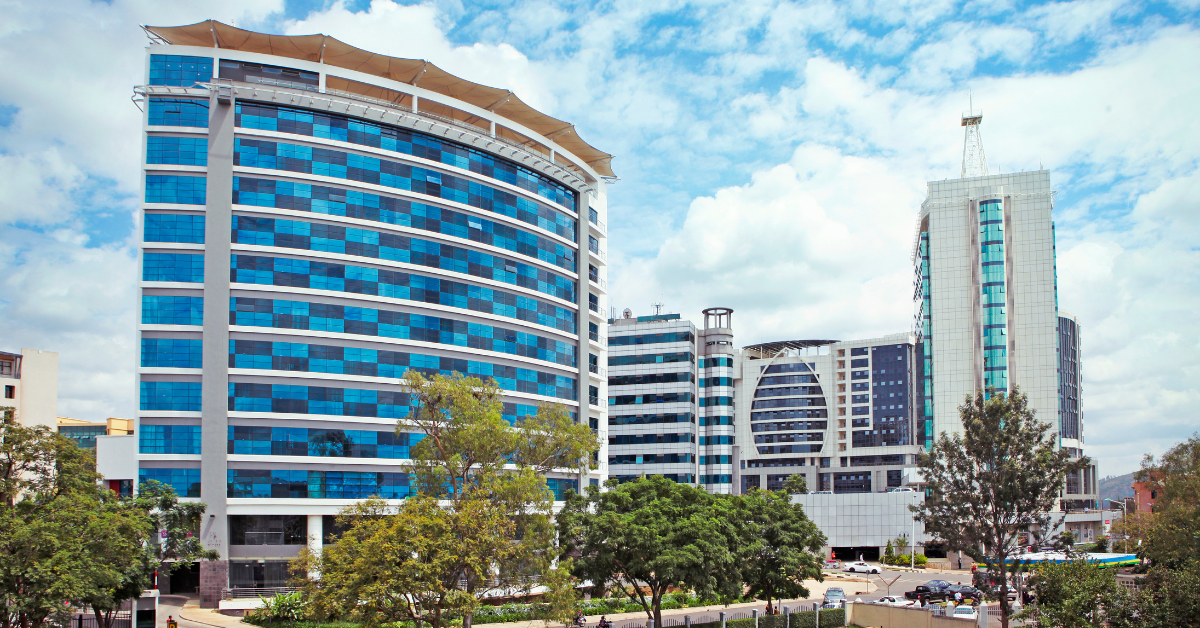Rwanda has no official Kanji representation and is commonly written in Katakana as “ルワンダ.” For many Japanese people, the country is associated with both a tragic past and a rapidly developing present. This dual image makes Rwanda a nation that continues to draw curiosity and interest.
Why Rwanda Has No Kanji Representation
In Japanese, country names are generally written either in Kanji or Katakana. Countries like China or France use Kanji such as “中国” or “仏国”, while countries like Canada or Brazil are expressed in Katakana. Rwanda falls into the latter category, with no official Kanji assigned.
The reasons are as follows:
- The country name is relatively new, and its use in Japan has a short history
- It was natural to respect the sound and record it directly in Katakana
- Internationally, “Rwanda” is the standard spelling, so Katakana became established
This can be illustrated as follows:
| Country | Japanese Representation | Kanji Available |
|---|---|---|
| America | 米国・アメリカ | Yes |
| France | 仏国・フランス | Yes |
| Canada | カナダ | No |
| Rwanda | ルワンダ | No |
Main Images Japanese People Have of Rwanda
A Tragic Past
The genocide of 1994 was widely reported in Japan, giving many the impression of Rwanda as a “tragic nation”.
Beautiful Nature and Tourism Resources
Known as the “Land of a Thousand Hills”, Rwanda is home to lush landscapes and famous for being one of the few places where one can see mountain gorillas.
An Africa in Development
In recent years, Rwanda has been called the “Miracle of Africa”, with Kigali, its capital, recognized as a clean and safe city. Its development in IT and tourism has positioned it as a symbol of hope and progress.
These images can be organized as follows:
| Type of Image | Content | Japanese Impression |
|---|---|---|
| History | 1994 Genocide | Tragic nation |
| Nature | Thousand Hills, Mountain Gorillas | Attractive tourist destination |
| Economy | Growth in IT and tourism | Nation of hope and challenge |
Japan and Rwanda’s Relationship
Japan has long supported Rwanda through agricultural aid and educational cooperation, with JICA volunteers dispatched there. Increasingly, young Rwandans are studying in Japan, strengthening ties. Such exchanges serve as a major bridge of mutual understanding.
This cooperation can be summarized as follows:
| Field | Japan’s Contribution | Effect on Rwanda |
|---|---|---|
| Agriculture | Technical aid, equipment supply | Improved food production |
| Education | Accepting students, human resource development | Gaining international knowledge |
| International Cooperation | JICA and volunteer dispatch | Local social improvement |
Rwanda Seen Through Sports
In Rwanda, soccer and basketball are very popular and serve as national pastimes. Moreover, the cycling event “Tour du Rwanda” has gained international fame, boosting tourism and Rwanda’s global reputation.
The impact of sports can be summarized as:
| Sport | Feature | National Impact |
|---|---|---|
| Soccer | Popular domestic league | Promotes community unity |
| Basketball | Popular among youth | Encourages health and education |
| Cycling | Tour du Rwanda | Boosts tourism and international recognition |
Sports offer a more positive and youthful image of Rwanda, counterbalancing its association with tragedy.
Cultural and Social Aspects
Rwanda is renowned for its traditional dances and drumming, often performed at festivals and ceremonies. In recent years, contemporary music and art have also flourished, with young artists gaining international attention.
Another notable feature is the high proportion of women in parliament, among the highest in the world. Rwanda’s efforts toward gender equality have earned international acclaim and are often highlighted in Japan as a model case.
Conclusion
Rwanda has no official Kanji representation, and its name is consistently written in Katakana as “ルワンダ.” The images Japanese people hold can be broadly divided into three categories: a tragic past, rich natural beauty, and rapid development. By also recognizing Rwanda’s achievements in sports and culture, the country emerges as a nation of hope and challenge, not merely one defined by its past.
As cooperation and exchanges with Japan continue to deepen, Rwanda will increasingly be seen not as a distant place, but as a familiar and approachable nation.






